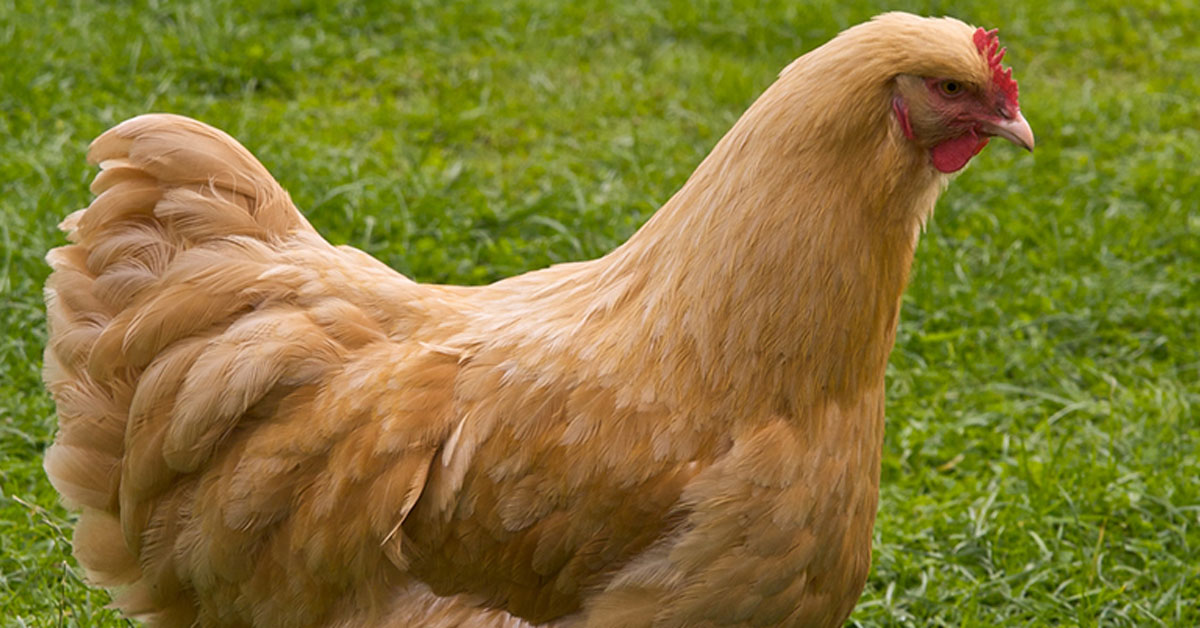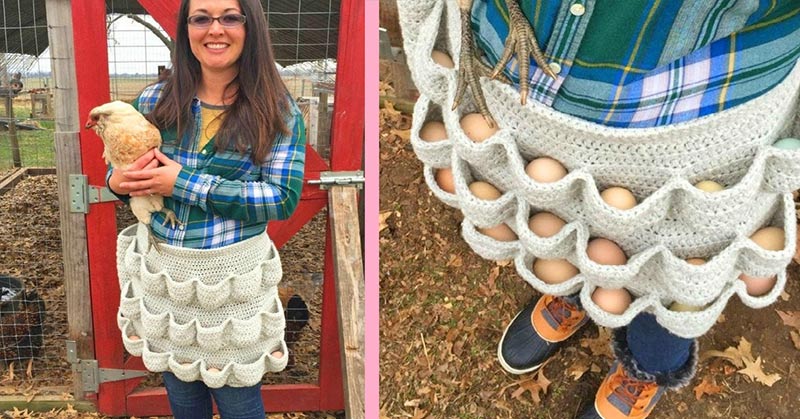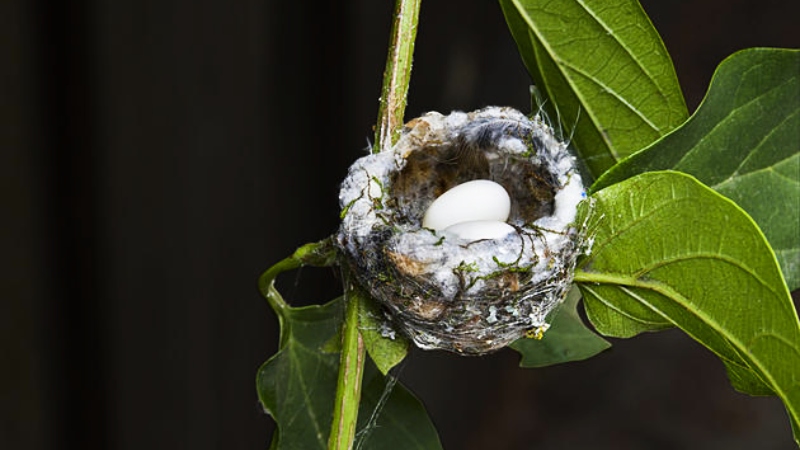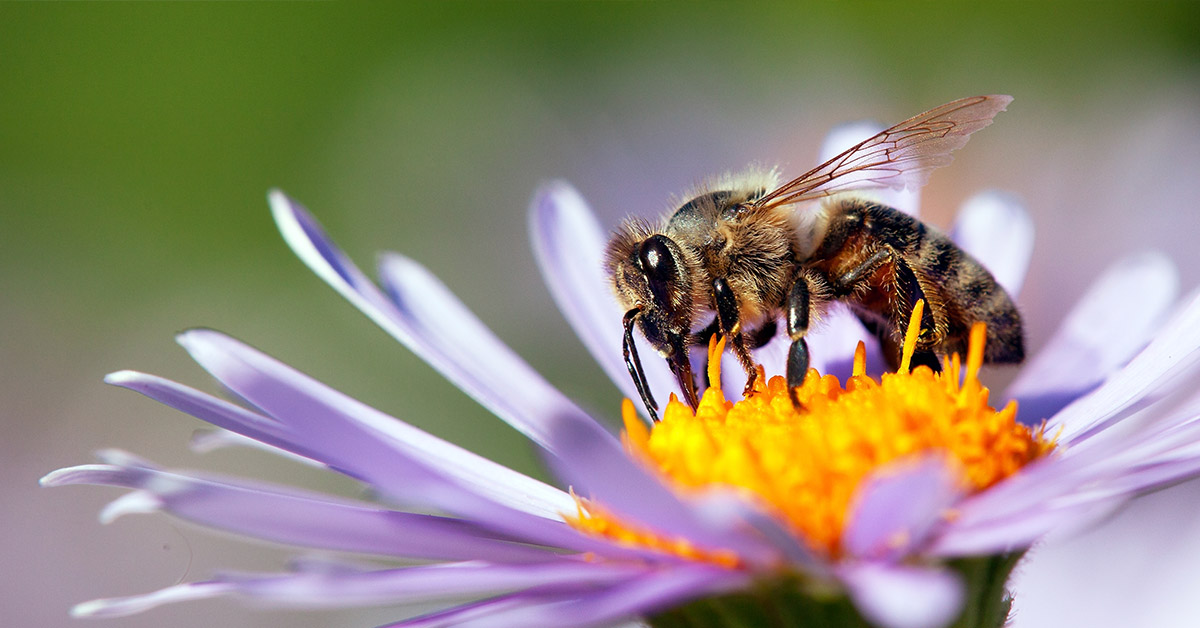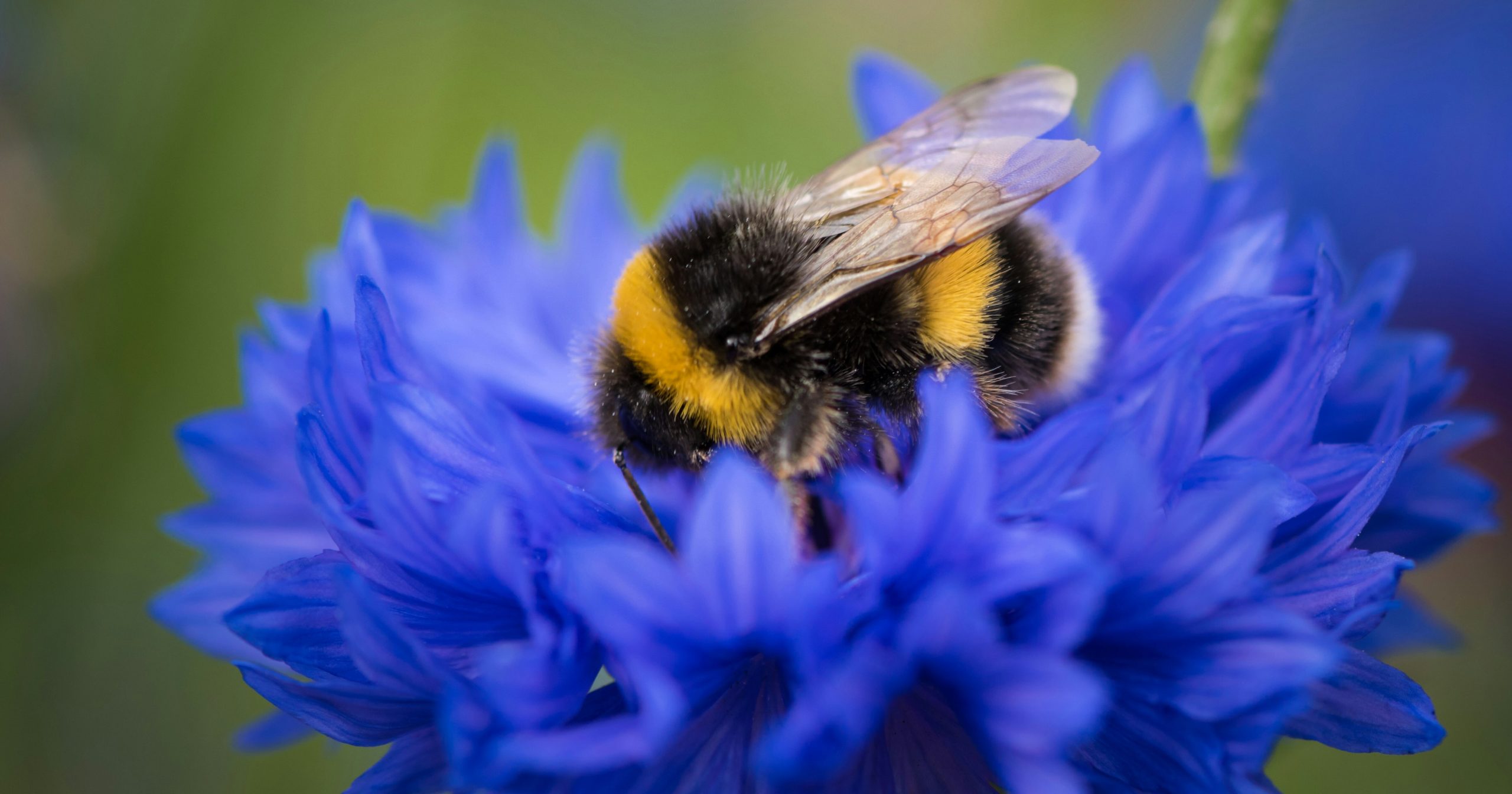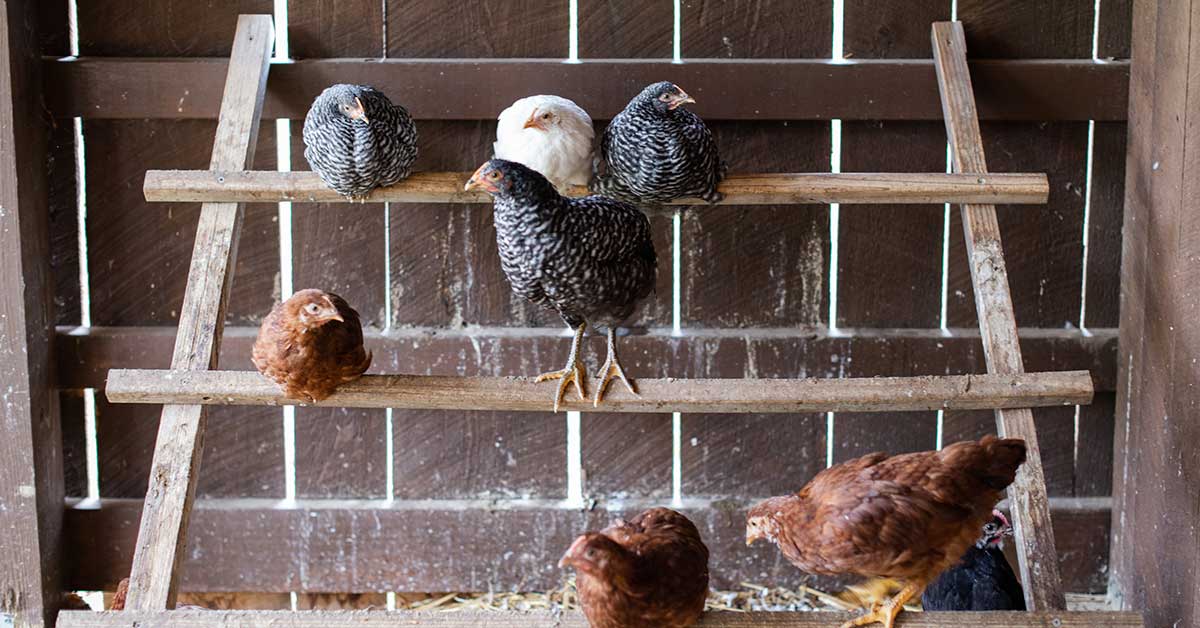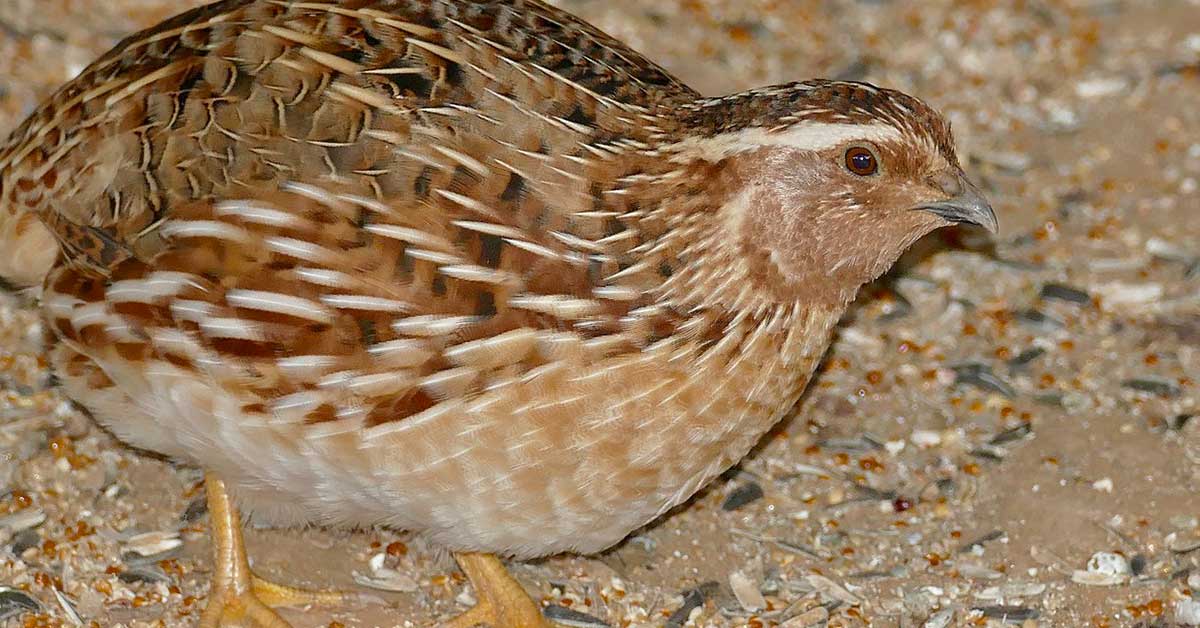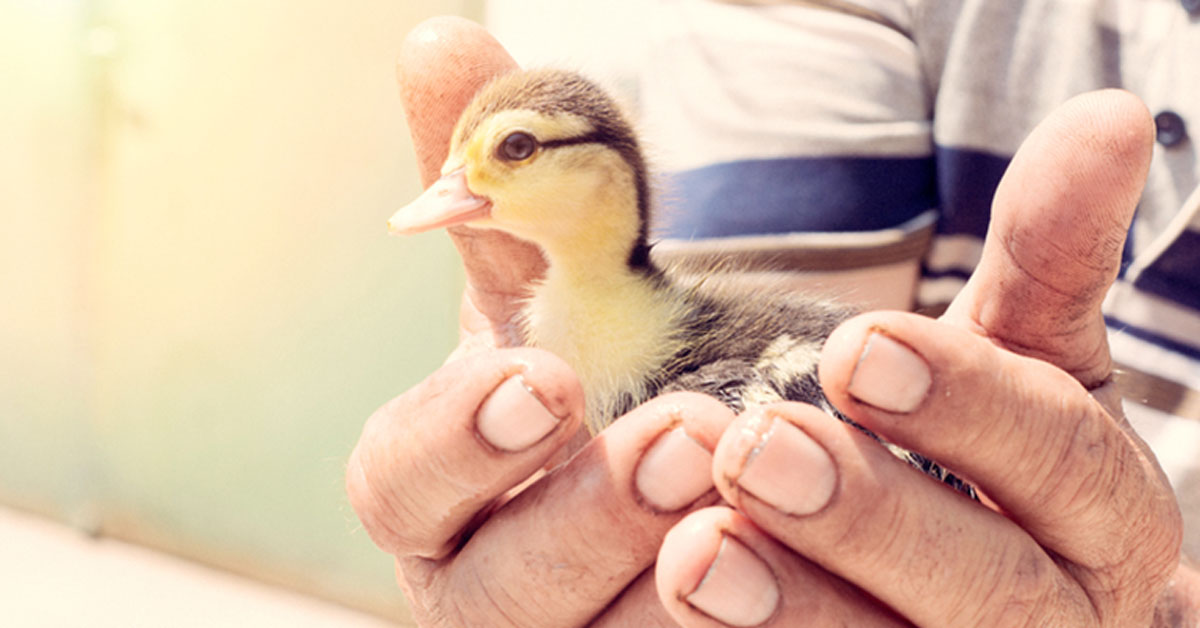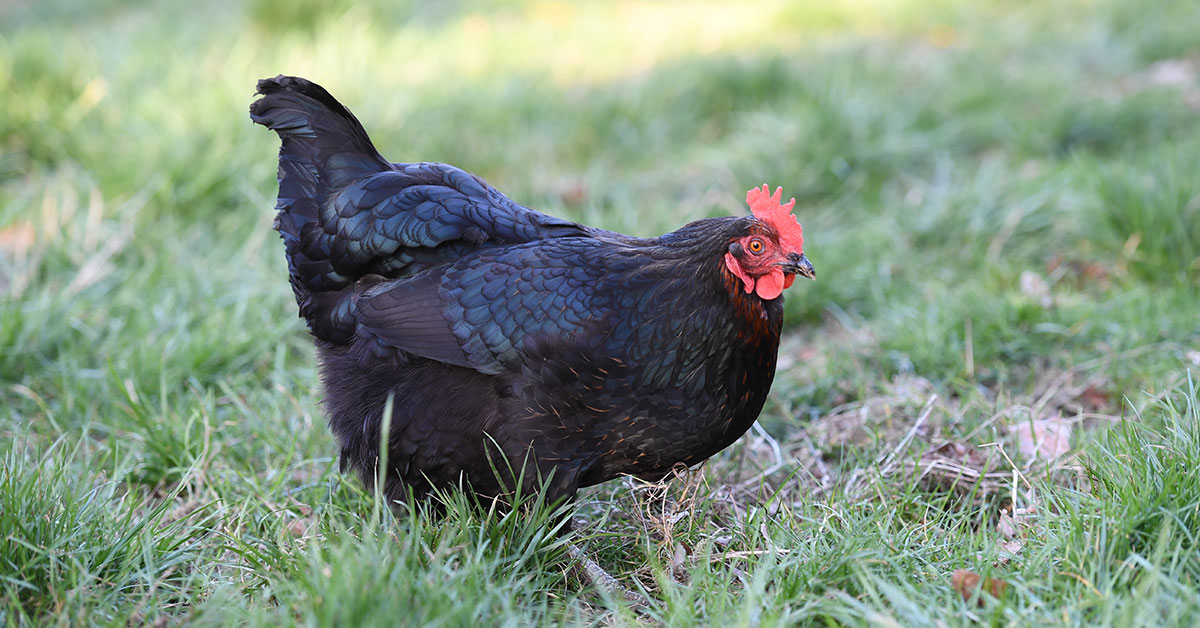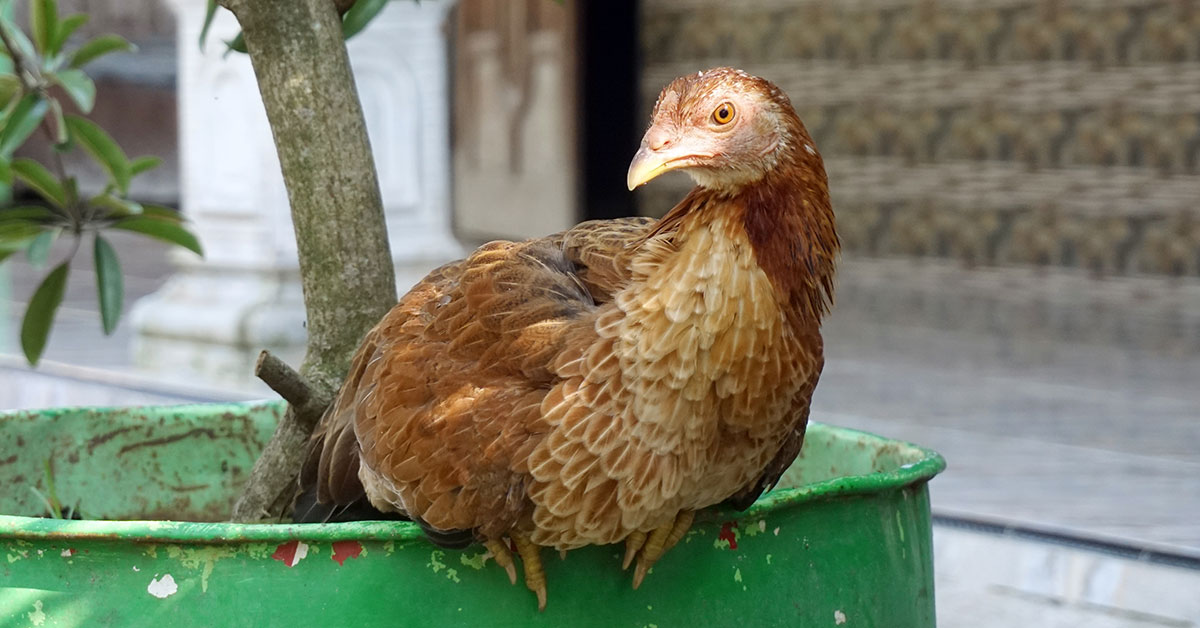People keep chickens for a variety of reasons, from providing fresh eggs to having a pet with a personality. Chickens are also a great way to reduce waste, as they can eat food scraps that would otherwise go to waste. Chickens can eat a variety of food scraps, including fruits, vegetables, and grains, which helps to reduce food waste and keeps these items out of landfills. But can chickens eat tomatoes? Let’s talk about whether or not chickens can eat tomatoes.
Can chickens eat tomatoes?
In short: yes, chickens can eat tomatoes, but only in moderation. Tomatoes are high in antioxidants, nutrients, minerals, and fiber, so they can provide some health benefits for chickens. However, there exist some potential health hazards associated with feeding tomatoes to your chickens.
Nutritional benefits
Tomatoes are an incredibly nutritious food for chickens. They are high in antioxidants, which help reduce oxidative stress in the body and protect against disease. They are also high in fiber, which aids in digestion, and potassium, which helps regulate the body’s water balance. Tomatoes are also an excellent source of vitamins C, K and B9, which are necessary for a healthy immune system and cellular health. Tomatoes provide many additional health benefits for chickens.
Potential health risks
While tomatoes are generally fine to feed chickens, there exists the potential for health risks when feeding tomatoes to your flock. The leaves, stems, and green fruit of the tomato plant are poisonous to chickens, as they contain the toxic alkaloid tomatine. It’s vital that you keep these parts of the tomato plant far away from your chickens.
Tomatoes should be fed sparingly to chickens as they are high in both sugar and carbohydrates. Too much sugar and carbohydrates can cause chickens to gain weight and can even lead to obesity. Even though tomatoes are a great source of vitamins, minerals, and antioxidants, their high sugar and carbohydrate content makes them a less healthy option for chickens. It’s best to give chickens tomatoes in moderation and in combination with a variety of other healthy, balanced snacks.
Excess weight on a chicken caused by being fed sugary treats can have a profound effect on its liver health. Overweight chickens are more likely to develop fatty liver hemorrhagic syndrome, a condition caused by an accumulation of fat in the liver. This can lead to severe liver damage, reduced egg production, and even death. It is important to ensure that chickens are fed a healthy diet and kept in an environment that encourages healthy weight. This can help prevent the development of fatty liver hemorrhagic syndrome and provide chickens with a long, healthy life.
How to feed tomatoes to chickens
Tomatoes can be a great addition to a chicken’s diet, but it’s important to feed them in the right way. f you decide to cook them, make sure to remove any seeds or skin. It’s also important to introduce tomatoes to the chickens slowly so that their digestive systems can adjust. A quick guide to feeding tomatoes to chickens:
- Start by washing the tomatoes with cold water and removing any bruised or moldy areas.
- Cut the tomato into small pieces
- Feed the tomatoes to your chickens as a treat
- Ensure that the tomatoes are not the only thing that your chickens are eating. A balanced diet is necessary for healthy chickens.
- Monitor your chickens to make sure they are not eating too many tomatoes, as they can cause digestive issues.
Remember: never feed moldy tomatoes to chickens! This can cause mycotoxin poisoning in your birds. Mycotoxins are a type of toxin produced by certain fungi that can be hazardous to health. In poultry, mycotoxins can be found when moldy tomatoes are fed to the chickens. These toxins can affect the health of the chickens and lead to health problems such as decreased production of eggs, decreased growth, and increased susceptibility to diseases and infections. In some cases, mycotoxins can even cause death in chickens. It is important to avoid feeding moldy tomatoes to chickens in order to protect them from the dangers of mycotoxins.
Other treats for chickens
Chickens can be fed a variety of treats, including mealworms, fruit, chopped vegetables, oats, wheat, and corn. Some other examples of treats for chickens:
- Vegetables (e.g. carrots, broccoli, greens)
- Fruits (e.g. apples, berries, melon)
- Grains (e.g. oats, wheat, barley)
- Legumes (e.g. peas, beans, lentils)
- Mealworms
- Insects
- Meal replacements (e.g. layer feed, scratch feed, crumbles)
- Calcium supplements (e.g. oyster shells, egg shells)
- Kitchen scraps (e.g. cooked pasta, cooked rice, vegetables)
- Yogurt
Chickens should not be fed avocado, raw potato chocolate, onions, garlic, citrus fruits, uncooked rice or uncooked beans.


